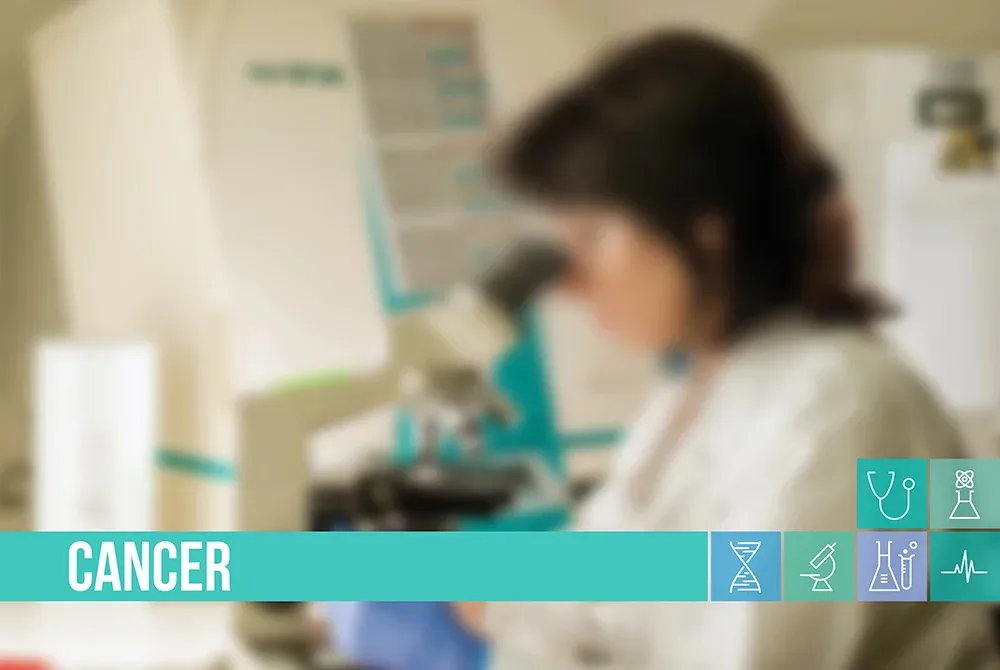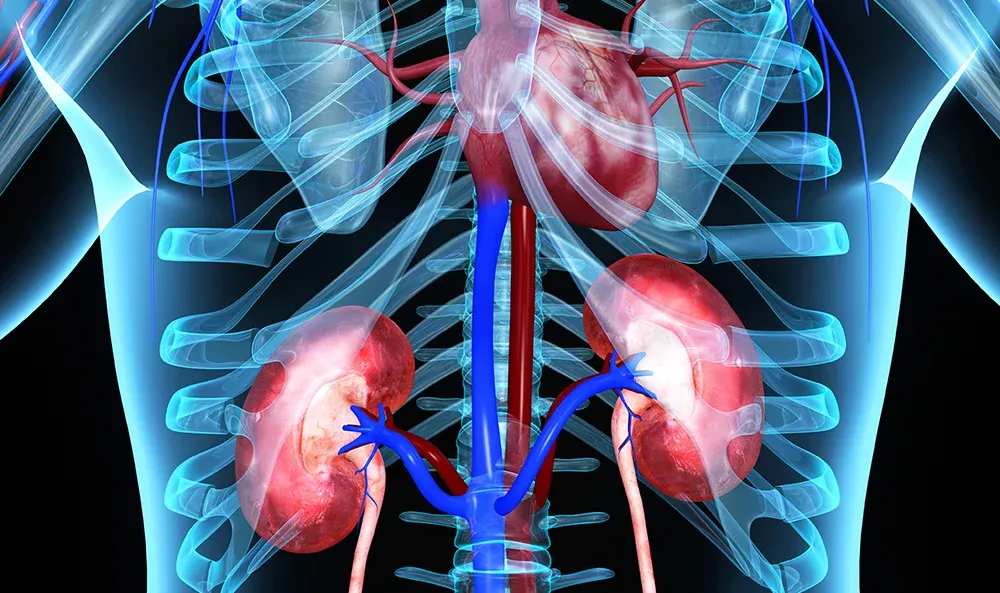Scientists have discovered that bacteria living inside tumors can produce a molecule that fights cancer and enhances chemotherapy. The molecule, called 2-methylisocitrate (2-MiCit), was found to make colorectal cancer cells more vulnerable to chemotherapy by damaging their DNA and disrupting their metabolism. Experiments using worms, flies, and human cancer cells confirmed its potent anti-cancer effects.
An international team of scientists led by researchers at the MRC Laboratory of Medical Sciences (LMS), Imperial College London and the University of Cologne have discovered that microbes associated with tumors produce a molecule, which can control cancer progression and boost the effectiveness of chemotherapy.
Using computer modelling, the team demonstrated that the tumor-associated microbiome (bacteria found within and around tumors) from patients was also able to produce 2-MiCit. To confirm the effectiveness of 2-MiCit, the team used two further systems: human cancer cells and a fly model of colorectal cancer. In both cases, they found that 2-MiCit showed potent anti-cancer properties, and for the flies could extend survival.
Know more: https://www.sciencedaily.com/releases/2025/10/251007081835.htm
IMAGE: © <a href='https://www.123rf.com/profile_armmypicca'>armmypicca</a>, <a href='https://www.123rf.com/free-images/'>123RF Free Images</a>











